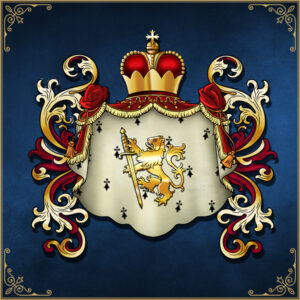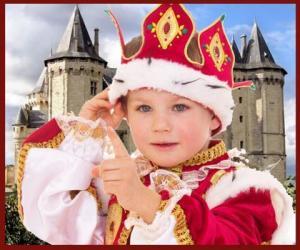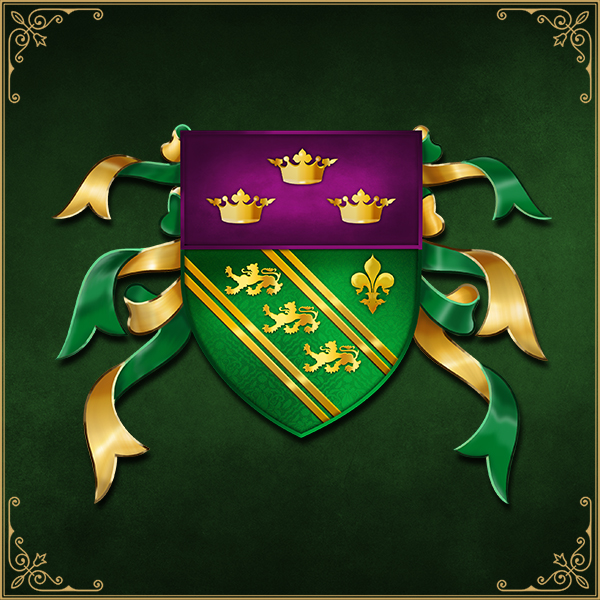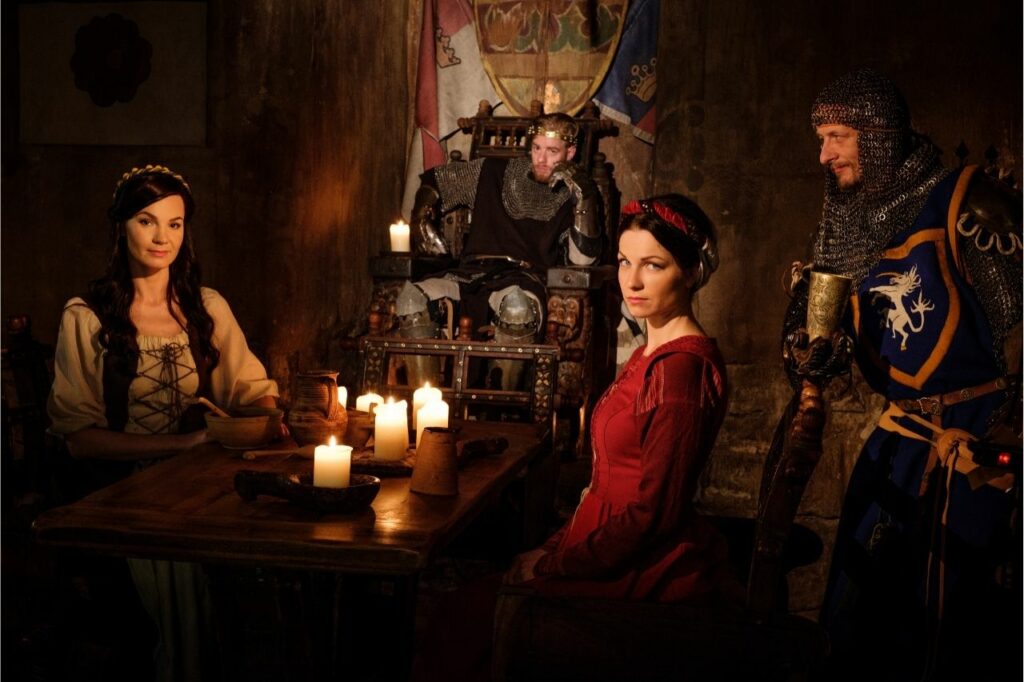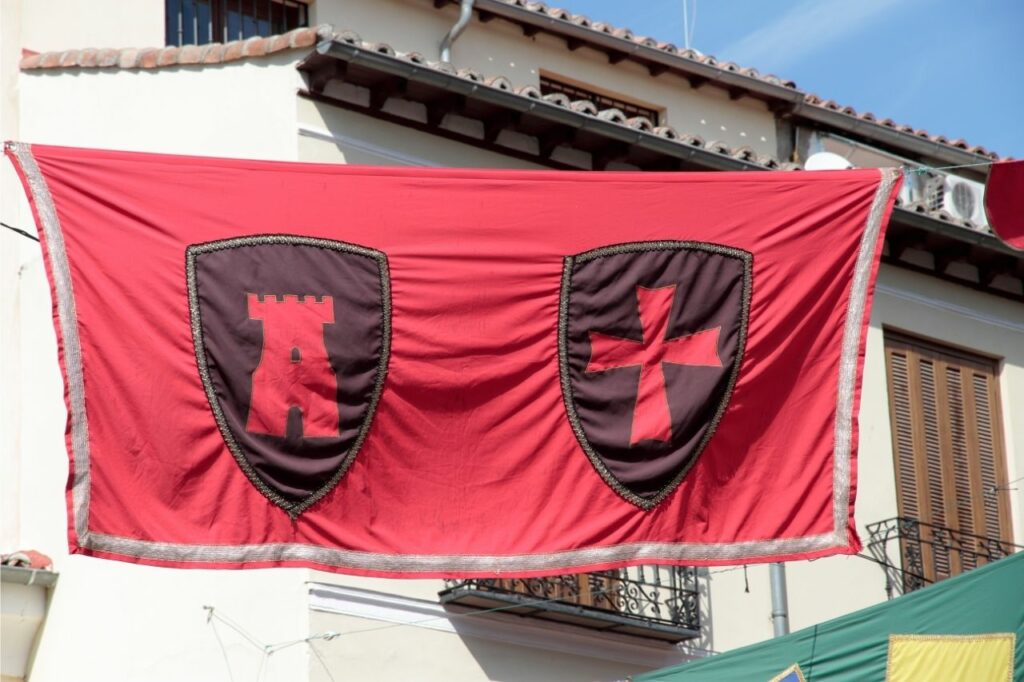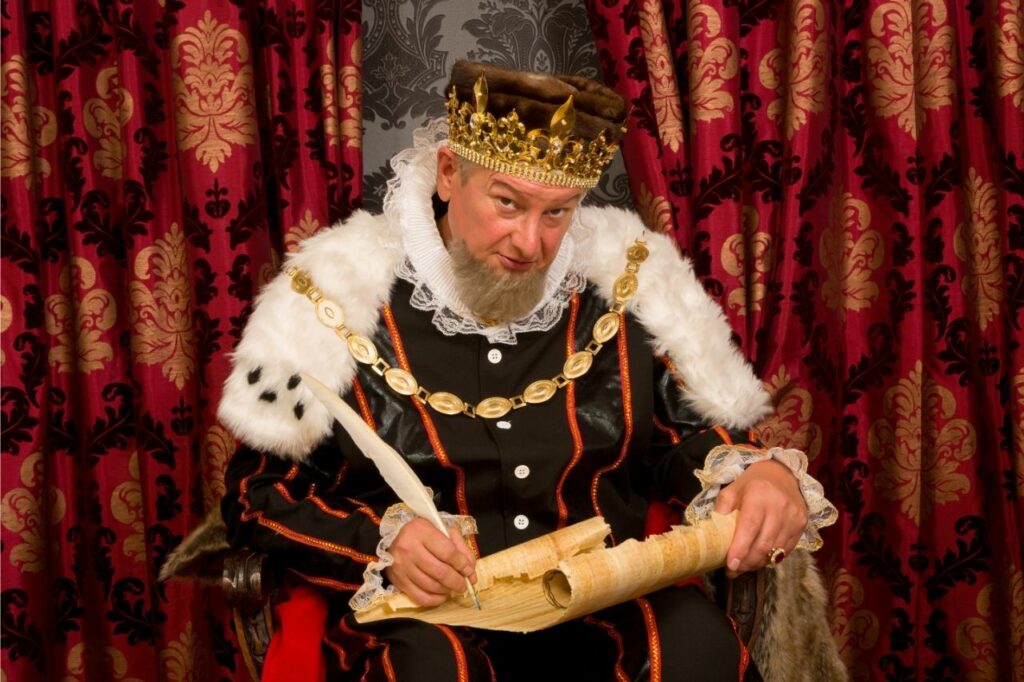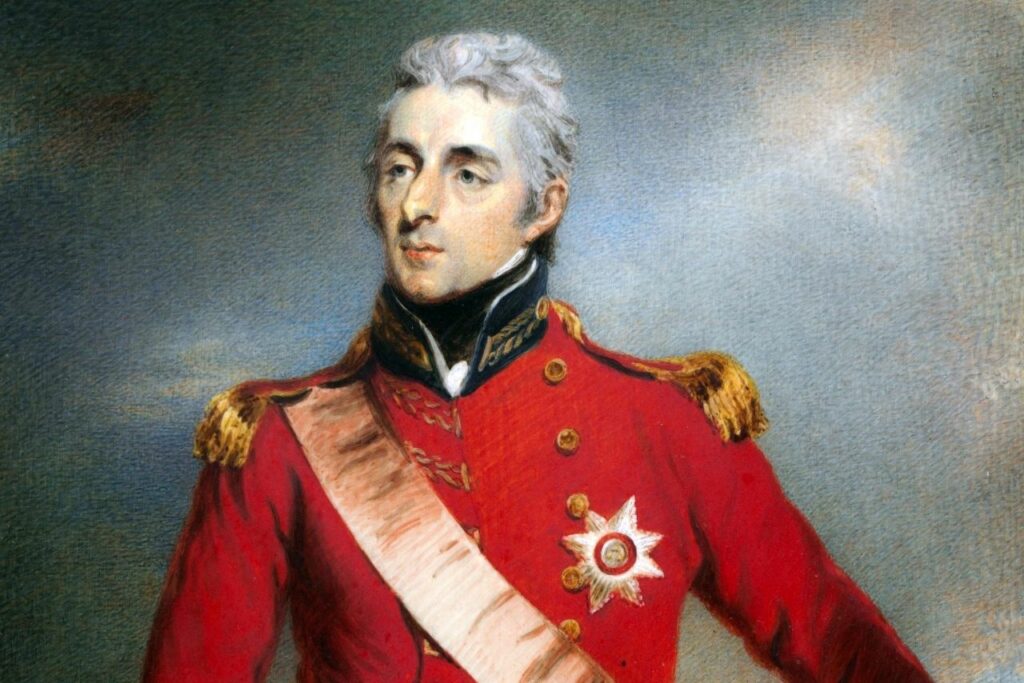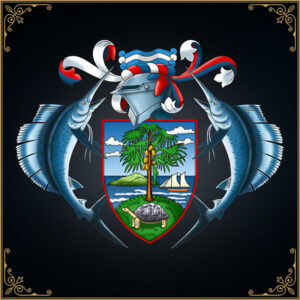When you buy a title of nobility from us, several variants are available. Right from the start: as the owner of a noble title, including a certificate of appointment and coat of arms, your family also benefits as nobles. All noble titles are automatically inherited by the rest of the family. Spouses and children become nobles equally. Of course, this means that there is not only a certificate of appointment for you, but for all family members at once. Depending on your title, spouse and children will get a matching noble title.
Noble title forms
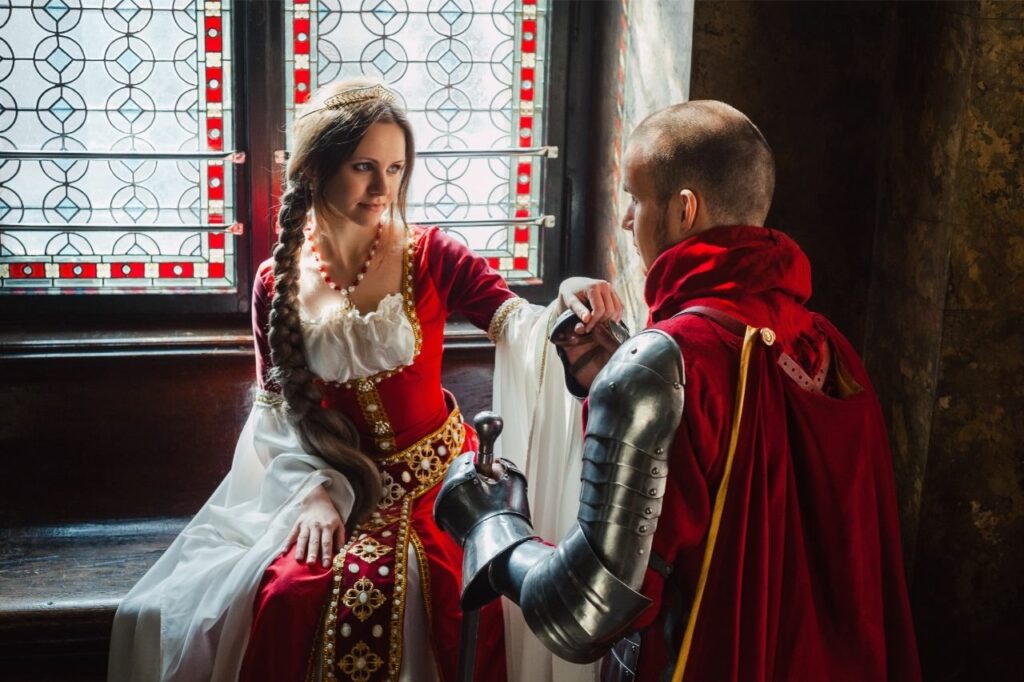
Buy nobility title - the right nobility title for everyone

When you buy a title of nobility from us, there are several variants available. Right up front: as the owner of a title of nobility, including a certificate of appointment and coat of arms, your family also benefits as nobles. All titles of nobility are automatically inherited by the rest of the family. Spouses and children become equally noble. Of course, there is not only a certificate of appointment for you, but for all family members. Depending on your title, your spouse and children will receive a suitable noble title:
Elector - Electress - Elector Princess - Elector Prince
Landgrave - Landgravine - Princess - Prince
Duke - Duchess - Princess - Prince
Prince - Princess - Hereditary Princess - Hereditary Prince
Count - Countess - Comtesse - Hereditary Count
Elector and Electress
Whoever is allowed to adorn himself as an elector looks back on a noble title with a long history. The elector was one of the first seven and later ten princes of the Holy Roman Empire with the highest rank. Since the 13th century, the electors had the right to vote for the Roman-German king. The term elector comes from the Middle High German word kur. This means election - still today the word küren is used, which also comes from it.
Landgrave and Landgravine
The Landgrave is the title of a prince. The landgrave was more than a simple count. In the Holy Roman Empire in the Middle Ages there were different types of counts. Besides the Margrave and Palatine Count, the Landgrave also played a significant role. Due to the equality with the duke, the prestige of the landgrave was great. The typical form of address for a landgrave was Hoheit - you may not expect this form of address today. Nevertheless, it is certain that you will receive special attention as Mr. Landgrave or Mrs. Landgravine.
Duke and Duchess
The duke was traditionally a Germanic army commander. For the duration of a war campaign, the free men determined the duke. The warriors voted on it in an election. Especially the reputation and also the experience in war were decisive.
Prince and Princess
The titles of nobility prince and princess are general rulers and titles of nobility. Sovereign princes ruled over a certain region: the so-called principality. Through the so-called Fürstung, the princes were elevated to the title of nobility.
Count and Countess
Frequently mentioned and popular noble titles are also the count and his countess. Already in the Frankish Empire these were royal office holders who exercised royal rights in a certain administrative unit, the county. In some cases the count was deputy to the king and emperor. The common count was a nobleman. Numerous noble titles were derived from the count and marked an elaborate position: landgrave, margrave or square count.

